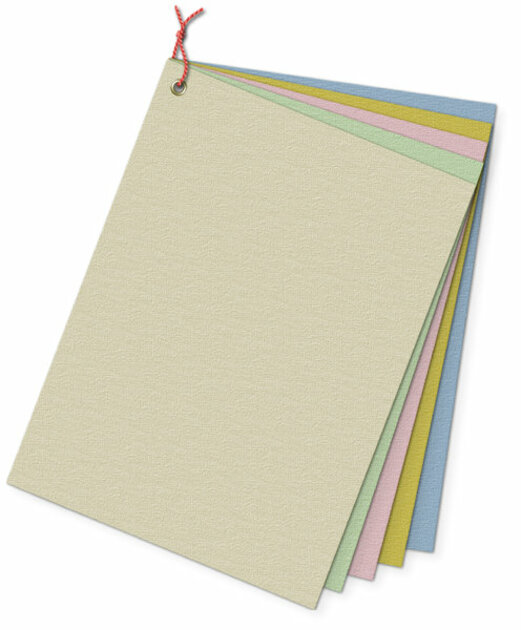
Our Gemara quotes the verse in Bamidbar (15:18) that describes the mitzvah of Challah, “When you enter into the land that I have brought you.” Because of the emphasis on entering the land, as opposed to conquering it, Challah is different than Terumah and other Israel-related produce that is separated and made holy. The obligations of Terumah and maaser only became activated after the land was acquired. However, the obligation to set aside a portion of the dough for a cohen, which is the mitzvah of challah, became incumbent upon the Jews as soon as the community entered Israel.
Why is Challah different? A simple explanation is based on its function. Challah is about making an immediate sacramental offering from the dough and bread you are about to eat. Such recognition is not dependent upon agriculture; it is simply a sanctification and meditation of food one is about to eat. This mitzvah is active in the land of Israel and only requires being there, not settling there. However, the other mitzvos that depend on harvest and agriculture, require acquisition and residency of the land.
The proof of this conceptual distinction can be seen reflected in the halacha. The Mishna Challah 2:1 states if grain is brought from outside to Israel it is obligated in challah, unlike Terumah. We see the obligation stems from presence in the land of Israel not cultivation of Israel.
To go deeper, we note that Seforno (Bamidbar 15:20) learns that the Mitzvah of Challah is a tikkun (repair) for the sin of the spies. Going deeper, Yalkut Shimoni (32) explains that the Mitzvah of Challah is a tikkun for the sin of Adam and Eve for eating from the Tree of Knowledge. How do we tie this together?
Be’er Mayim Chayyim (15:8) explains that the mitzvah of Challah represents a healthy and appropriate engagement with the pleasures of this world. The verse states, Reishis Arisoseychem, which literally means, the first of your dough, but Arisa also means cradle. The Torah is hinting at the following message, “I, Hashem have brought you here to this world. You now have an obligation to elevate and use these physical benefits and pleasures in a manner that gives them sanctification and meaning.” (The phrase “brought you here” is redundantly expressed in the verse to hint at this.) Being born into the cradle of life means entry into this system of physical need and expression. The entry of the Jews to the land of Israel, was also an opportunity to recreate the original Edenic experience, to benefit from God’s goodness and use it properly with sanctification and meaning. The land of Israel and the mission of the chosen people itself is metaphorically represented in the holy dough being separated and elevated from the mundane by living in a holy way in a holy land. The spies did not understand the gifts of Israel and thwarted that tikkun. But the mitzvah of Challah is a once again attempt to sacralize every day life. This is why the Mitzvah became activated immediately upon entry of the community into Israel, as it symbolically encapsulated the entire process and mission of the chosen people and their chthonic relationship with the land and God.

 Previous
Previous
